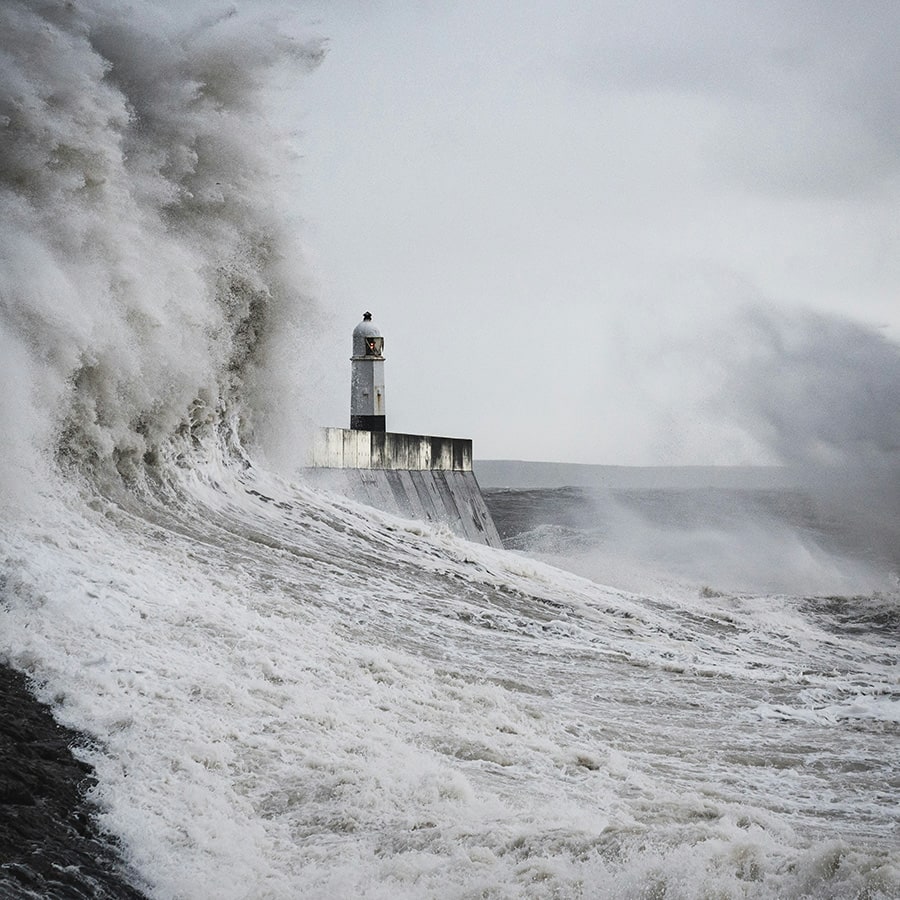
Steering a business through the unpredictable waves of economic uncertainties is akin to captaining a ship in uncharted waters. It demands not just skill and knowledge but an intuitive understanding of the shifting currents and the foresight to navigate through them. This journey, filled with potential perils and opportunities, is one I’ve traversed alongside numerous business owners, each facing their own very different journey with a blend of trepidation and determination.
Consider the economic conditions, storms if you like, that periodically sweep through the market—recessions, technological upheavals, and shifts in consumer behaviour. These aren’t just obstacles; they’re tests of a business’s resilience and adaptability. I recall a conversation with a café owner, Sarah, during a downturn. Her business, a bustling hub of community life, faced dwindling foot traffic as economic winds shifted. Together, we charted a course through the storm, pivoting her business model to include online orders and delivery—a move that not only steered her café through rough seas but also tapped into new streams of revenue that remained long after the community returned.
Adaptability means recognising when the winds have changed and being willing to adjust your sails accordingly. It’s about seeing beyond the horizon, anticipating the shifts before they manifest. This foresight was evident in the story of a tech startup that pre-emptively embraced remote work technologies, not just as a temporary fix but as a strategic pivot, positioning them ahead of the curve when the rest of the world was scrambling to adapt.
But navigating through economic uncertainties isn’t solely about weathering storms; it’s also about seizing opportunities that arise in their wake or having the foresight to pre-emptively implement strategic changes. After every downturn, new avenues of growth emerge for those keen enough to spot them. It’s about scanning the landscape with an eye on the future rather than always looking back at what could have been. It’s about identifying opportunities and acting decisively to capture them. But that means you need to have information at your fingertips that allow you to make the bold calls, thereby reducing risk…
Taking action requires a blend of courage and prudence. It’s making the tough calls, whether it’s restructuring operations, exploring new markets, or innovating product offerings. These decisions can define the future of a business. I’ve witnessed this firsthand with a manufacturing company that diversified its product line in response to shifting market demands, and in doing so safeguarded its future and propelled it to new heights of success. I’ve also seen businesses that have stayed their course without acting when there was a looming threat on the horizon, despite the lighthouse that sat atop.
A good map evolves over time. Look back at early maps of the world and how they changed over the years. Each successive version adding some new detail – shallow reefs or quality water sources. I guess, the takeaway from this rather long metaphor is this: Learn from others but plot your own path. If you discover something new, it will no doubt form a part of the collective wisdom at some time in the future. Success becomes a beacon for others to follow, whilst cataclysm becomes the cautionary tale, and the lighthouse for others to avoid the shoals in future.
You have experts in navigation at your disposal. Your accountants, your lawyers, your specialists. We possess knowledge that can help keep you on course. Steering through economic uncertainties need not be a solitary endeavour. It’s a collaborative journey that benefits from shared insights, diverse perspectives, and the collective wisdom of those who’ve navigated these waters before. By embracing adaptability and executing with precision born of the confidence granted by good information, businesses can not only survive the tumultuous times, but thrive.
Become a map maker and you’ll never be lost.
